Why are dogs so loyal?
2022-07-08
In books, in rumors, "dog" is associated with "loyalty".
Any dog owner will tell you that his dog is loyal, even to the point of obeying his / her orders. Dogs will wait patiently at the door when their owners leave the house, and they may even show a "devotion" spirit when their owners are in danger, which is rare in many other pets.
Where does this trait of a dog being "man's best friend" come from? Is this "loyalty" inherent in dogs?
One obvious explanation is that their owners provide them with food and shelter, but the deeper answer requires science.
I.
Dogs are not inherently loyal, but have been since the earliest selection for domestication, the wolf, and have continued for more than 10,000 years of selective breeding, interaction, evolution, and packaging to produce them.
Nature
It is no longer a secret that domesticated dogs are wolves are descendants. Even today, modern domestic dogs still share similar genes with wolves in the wild. The term "loyal dog" has both cultural and biological significance, as it took years of selective breeding and domestication for humans to create dogs in this way. In essence, humans select the wolf traits that best suit their interests, thus transforming the wolf's hierarchical structure and the closely linked social relations of the pack into obedience and loyalty to humans. It also means that because wolves have a very strict hierarchy, wolves located in the lower status will obey the leader unconditionally. It is because of this hierarchical obedience that human beings choose wolves as domesticated objects, and what they want is that the domesticated "wolves" can still obey unconditionally. If wolves did not have this hierarchy of absolute obedience of subordinates to superiors, then humans would not choose to domesticate them or choose to domesticate them as another kind of livestock, such as pigs for taking meat.
So the dog from the first day of being domesticated is destined to have to obey and be loyal to this nature. Without this nature of obedience and loyalty, almost the only thing that awaits it is to be hunted down and killed for meat like a pig.
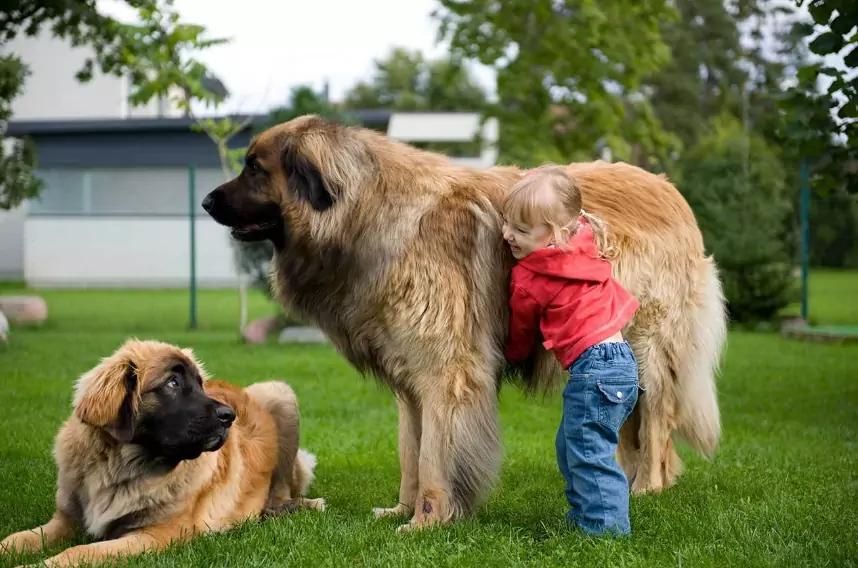
Breeding evolution
Throughout history, long-term human domestication has led to the emergence of hundreds of breeds of dogs that fulfill different social functions. Early humans likely participated in breeding without their knowledge by killing "wolves" that attacked or bit tribal groups or family members and disobeyed domestication. Those dogs that faithfully followed their masters/hunters were better cared for, thus increasing the chances of successful breeding and repeat breeding (similar to the original meritocracy). Dogs that contributed to the tribe as a whole were able to be bred longer, while dogs that were feral/aggressive or unskilled had a harder time surviving. As dogs with tame characteristics or friendly traits were selected by ancient humans over time, their physical attributes and genes began to change.
In the last two thousand years, and especially in the last few hundred years, the process of dog domestication has shifted from the earliest, friendly working hunting dogs to companion dogs that encourage companionship or function dogs for specific purposes due to the radical changes in production methods and a safer, more stable lifestyle from primitive hunting and gathering. This is best evidenced by the fact that the vast majority of the hundreds of dog breeds in the world today have only arisen in the last few hundred years.
Emotional Bonds
Humans are capable of releasing a peptide hormone called Oxytocin during interactions (gazing, cuddling, etc.) and this hormone is not exclusive to women, men have it too! It's just that the name of this translation is misleading.
Studies have found that this hormone can be produced when interacting with pets, and dogs can do the same. This means that it is highly likely that the eye contact between you and your dog is also a domestication process. Oxytocin is associated with attachment and self-confidence, which in turn help to build camaraderie and loyalty in emotional relationships. Oxytocin can increase between humans and dogs, while it is not found in wolves.
In all interactions with dogs, it can contribute more or less to their evolution, making them friendlier and more obedient.
Packaging
No mistake, it's the packaging, the star packaging one! Dogs are loyal to their owners only by being packaged. Dogs are not loyal to their masters, they are only loyal to their interests!
Dogs are pack animals just like their ancestor, the wolf. To survive in the wild, members of the group must trust and cooperate. The leader of the wolf has always been responsible for leading the pack for food and safety. When it becomes old or otherwise unable to perform at its highest capacity, it will be challenged by a stronger wolf, and the wolf that succeeds in the challenge will continue to lead the whole pack to forage and survive, instead of enjoying the privilege alone. So, this suggests that wolves are driven by the interests of the group rather than pure loyalty to their leader.
This was the result of a scientific study in Vienna in 2014. The researchers analyzed and concluded that the relationship between dogs and humans is hierarchical (their owners are leaders) rather than cooperative - perhaps many would consider this nonsense, yet it is the cornerstone of dog loyalty. Since the master is the leader of the dog, it also means that the dog is not purely loyal to the master, but loyal to the interests, to the interests of the group, including itself. When the dog's interests are not protected, it will rebel to become the new "leader".
II. What kind of dog is more loyal than other breeds?
The dog is the first dog in the history of man.
The dog is the first and only large carnivore ever to be domesticated by humans. Over the past 200 years, dogs have undergone very significant changes, with hundreds of modern breeds bred and bred in a targeted manner to meet human needs. The various breeds show unparalleled genetic diversity among themselves - from the one-pound Chihuahua to the hundreds of pounds of mastiff. Is there a difference in the loyalty of these breeds?
Most people have heard stories of very individual dogs known for their loyalty, such as the faithful Hachiko, who went to Shibuya Station in Tokyo every day to wait for his master even after he died, making the Akita famous for its "loyalty.
However, a 2018 study of the genome of the Czech Slavic Wolfhound found that the offspring of a common German Shepherd crossed with a coyote were as tame and loyal to their owners as a fully domesticated dog!
There is little scientific proof that some breeds are more loyal than others! Although it is safe to say that dogs bred for specific jobs (such as hunting rainbows and herding) will be more likely to be loyal to their owners. For some specific tasks (police dogs, military dogs, guide dogs, etc.), known breeds may not be selected - such as the Erhund - but this selection is based more on obedience than due to loyalty!
Three, obedience does not equal loyalty!
A dog's loyalty is not about genes, but only about its environment and historical encounters. If you treat him well, he will be loyal to you, if you treat him badly, then he will run away, even think of killing you every minute, and become the alpha himself!
#
Loyalty
#dog breeds
#wolves
#domestication
#master
#domestication
#human
#obedience
#interests
#packaging
Was this article helpful to you?
Other links in this article
English:
Why are dogs so loyal?
Deutsch:
Warum sind Hunde so treu?
español :
¿Por qué los perros son tan leales?
Français:
Pourquoi les chiens sont-ils si loyaux ?
Italiano:
Perché i cani sono così fedeli?
Nederlands:
Waarom zijn honden zo loyaal?
Polskie:
Dlaczego psy są tak lojalne?
Português:
Porque são os cães tão leais?
português (Brasil):
Por que os cães são tão leais?
русский:
Почему собаки такие преданные?
日本語:
なぜ、犬は忠実なのか?
中文简体:
为什么狗如此忠诚
中文繁体:
為什么狗如此忠誠
Comments
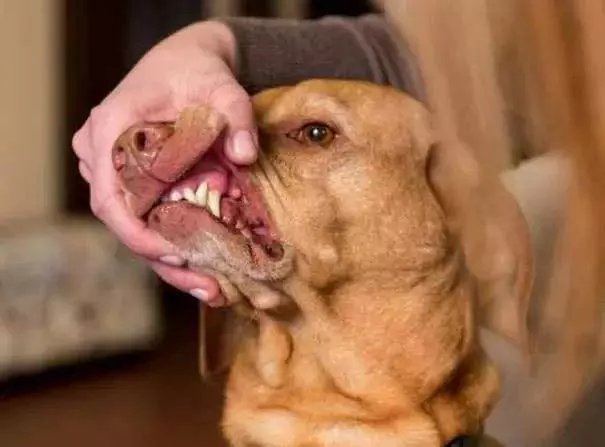
Is a dog's mouth cleaner than a human's? Dogs' mouths need regular cleaning

Can dogs eat beans? Do dogs eat beans for health?

Can dogs eat lemons? Fruits that dogs should not eat more of

Do dogs have nightmares? Are dogs' dreams similar to humans'?
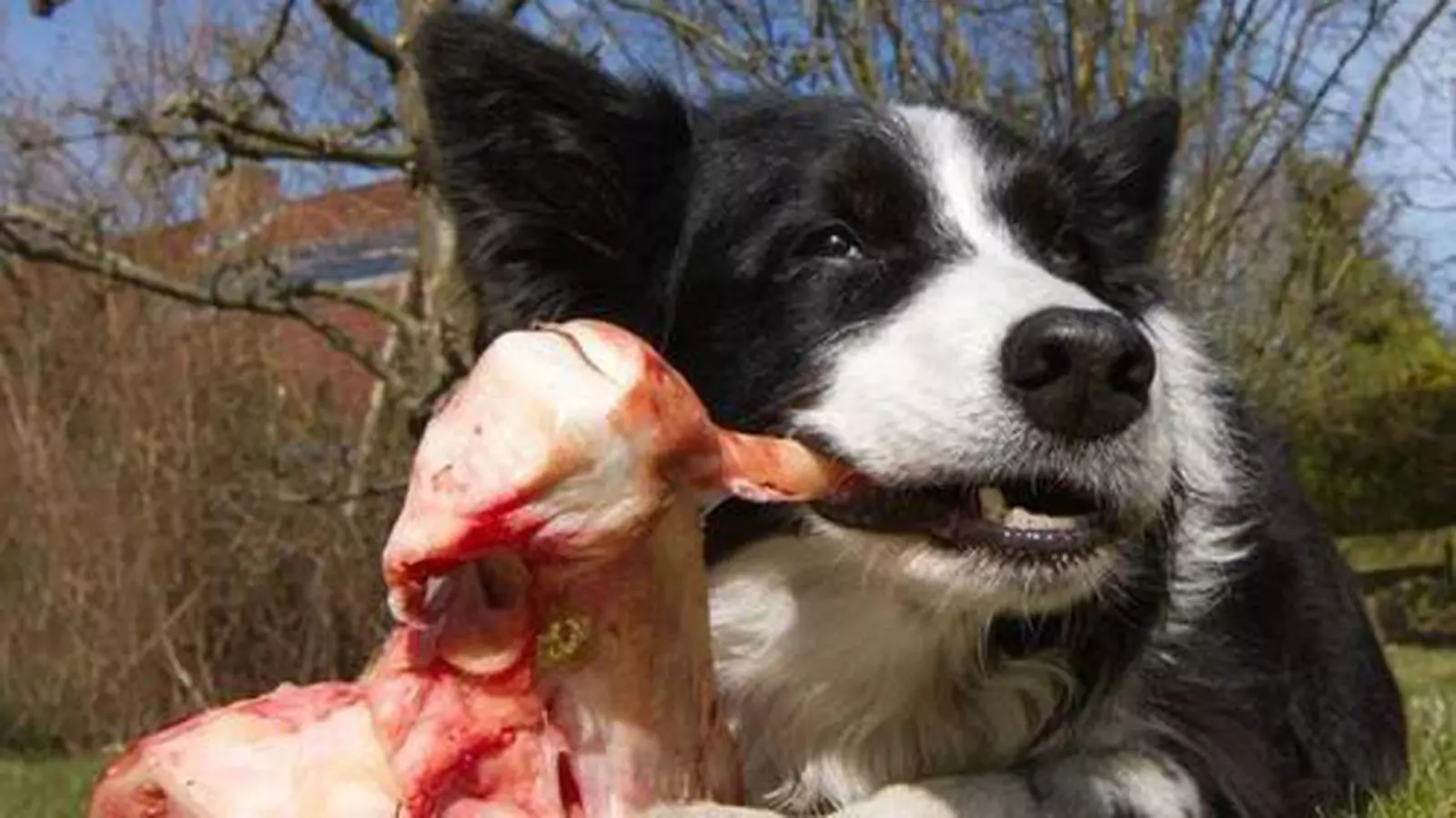
Can dogs eat raw beef? The benefits and drawbacks of beef for dogs
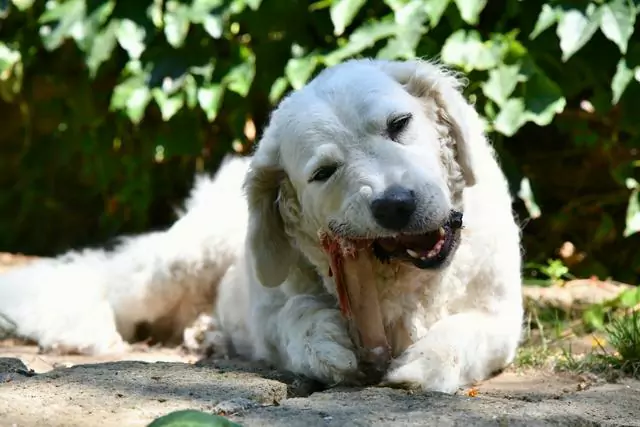
Is raw meat good for dogs? Can dogs eat raw chicken?
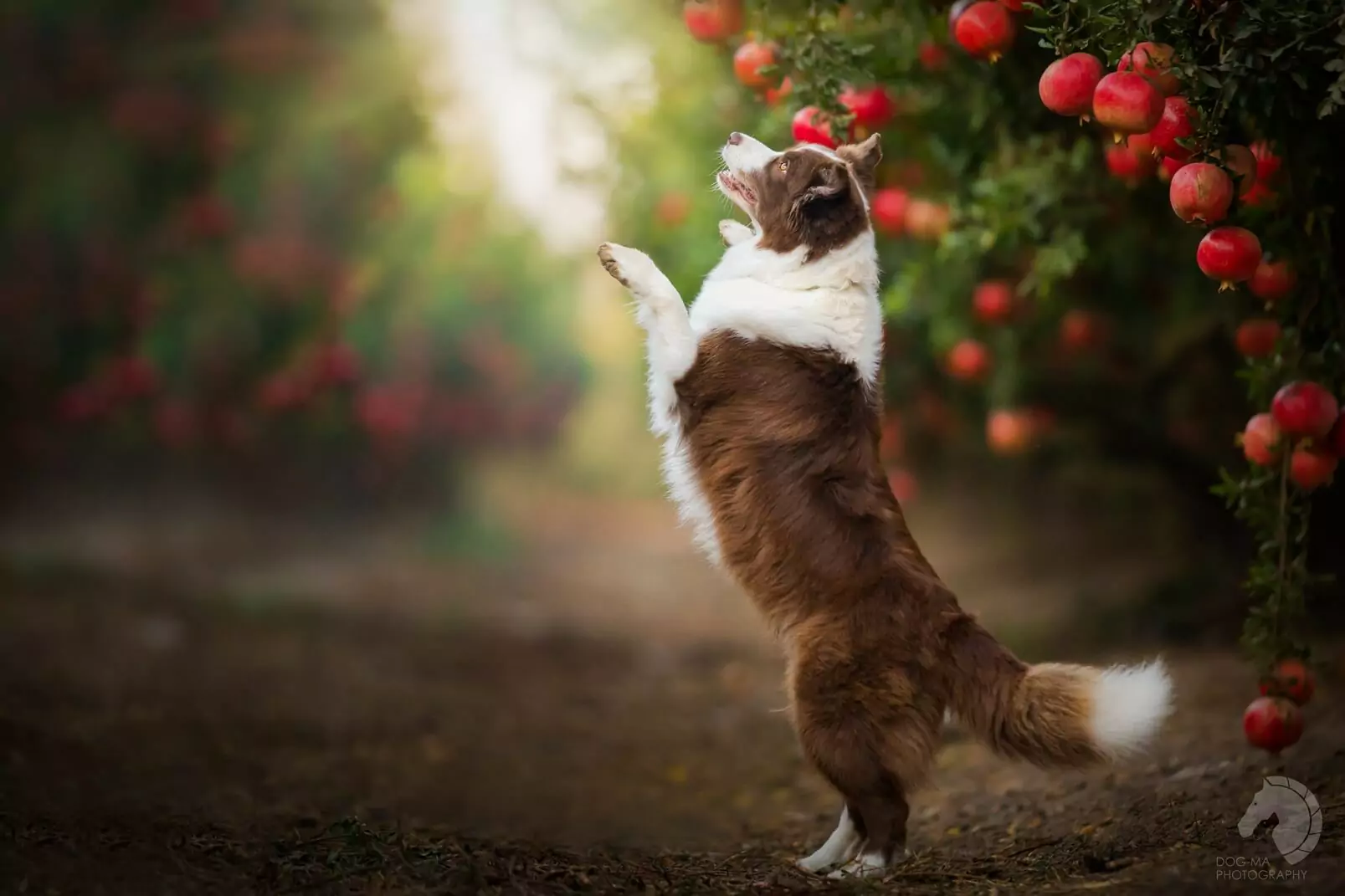
Can dogs eat pomegranates?

Can dogs eat ham?Can all types of ham hocks be eaten?

How to give a dog a bath

Can dogs eat kimchi?








